Donald Trump’s second presidency will have profound implications for Europe. Effie G. H. Pedaliu argues that if the EU and UK wish to navigate the turbulence ahead, they will have to learn to cooperate, especially on trade and defence.
The new Trump presidency raises the spectre of trade wars, the unpicking of Europe’s NATO security blanket, the probable abandonment of Ukraine and the withdrawal of the US from international collaboration on climate action.
A new world order is rising. Its contours are uncertain, but human rights and international law are unlikely to hold their own. International cooperation on global issues will lessen, with protectionism and authoritarianism growing and nuclear risks intensifying as international rivalries increase. Geopolitical certainties that were a given are becoming obsolete.
Trump and Europe
No part of the world is likely to be affected more than Europe – including the UK. Both the EU and UK are dependent on transatlantic trade and US security guarantees. Transatlanticism is elemental to their well-being and even to their identity.
In his victory speech on 6 November, Trump vowed “to keep our promises”. He had pledged to “stop the foreign wars” and impose new tariffs of at least 10% on most foreign goods entering the US to reduce the country’s trade deficit and boost employment. He promised to reverse climate protection legislation and “frack, frack, frack and drill, baby, drill”.
In economies like the EU and the UK that are based on free trade and more recently, de-carbonisation, such ideas arouse concern and point to a difficult future relationship with the US. Moreover, economists believe that US tariffs are likely to increase inflationary pressures worldwide.
The EU and the UK now face a grimmer security environment than 2016. The member states of the EU and the UK are at peace, but Europe’s borderlands are in flames. Wars are raging from Ukraine to the Middle East, spreading geopolitical and economic instability. Russia has stakes in both conflicts. Iran is an arsenal for Russia, Hamas, Hezbollah, the Houthis and other anti-western and anti-Israeli terror groups in the Middle East. Significantly, without Chinese support, Russia could not pursue war so aggressively.
What we know about Trump 2.0
Trump’s dislike of NATO and multilateralism and his fondness for tariffs and “strong leaders” are well known. His inclination to pursue perceived slights and vendettas make Trump 2.0 a totally different proposition to Trump 1.0.
First, he knows who to go after. Second, he is on record saying that he would let Russia “do whatever the hell they want” to NATO allies that do not pay enough. Third, this time, the Oval Office and the Situation Room will be devoid of moderating influences.
Most officials and advisors that tried to restrain him in his first term will no longer be there. The new administration is likely to be populated by ideological zealots and ultra-loyalists. Even Mike Pompeo, Trump’s CIA Director and Secretary of State during his first term has failed the test.
So, far what is known about his foreign policy nominations suggests that their focus will be sharply on China, away from Europe and, as far as Ukraine is concerned, comply with his desire to end the war fast. What policy Trump will follow in Ukraine is still unknown, but he has been consistently critical of US spending in support of Ukraine.
Delving deeper into his choices for some key positions may offer some clues. Elise Stefanik, his choice to be the US ambassador to the United Nations, was one of those Republicans in the House of Representatives who voted against the $61 billion aid package for Ukraine in April 2024. Marco Rubio will be the Secretary of State and is a foreign policy “hawk” on China, Iran and Cuba, but not an isolationist. Recently, he has blown hot and cold on Ukraine, stating: “I’m not on Russia’s side”, but the war in Ukraine “is a stalemate”, that can only end “with a negotiated settlement”.
Mike Waltz is to be Trump’s national security adviser. Waltz believes that the wars in Gaza and Ukraine ought to be ended swiftly so the US can re-focus on China. On NATO he has not mirrored Trump’s extreme rhetoric. John Ratcliffe, his director of national intelligence from 2020 to 2021, will be Trump’s next CIA Director and his views on China and Iran are “hawkish”. He has been unimpressed with Biden’s policy towards Israel but his take on Ukraine is less clear after his initial support in 2022.
The Fox News host and former soldier Pete Hegseth has been picked to be the next Secretary of Defence and he is critical of the US involvement in Ukraine. Ex-Democrat Talsi Gabbard will be the new director of national intelligence. Over the years, she has expressed controversial opinions about Russia, Syria and Ukraine.
The only thing one can say about the team above is that it contains some people who have a firm grounding in foreign and defence policy and many more who lack both knowledge and experience and have a propensity to relay conspiracy theories. Yet, all this has not weighed against them potentially assuming posts that are meant to keep the US safe.
Russia, Ukraine and the Middle East
Both the EU and the UK are ostensibly determined to continue aiding Ukraine. Their problem is it is unclear how long Ukraine can hold out without American support. It is also unclear where this leaves Taiwan and the signals the US will send to China in forsaking Ukraine.
Russia remains one of the most immediate security threats facing the UK, the EU and global security. Both the EU and the UK need NATO to maintain an effective defence. Both have failed to “Trump-proof” their defences since Trump first came to power. Building defence capabilities is a long-term endeavour and cannot happen overnight.
In the Middle East, Trump has supported Israel in its war against Hamas. Israel’s Prime Minister, Benjamin Netanyahu, was one of the first foreign leaders to congratulate Trump on his election victory. Trump asked Netanyahu to finish the job quickly. How far that suits Netanyahu’s agenda is another matter and the two men have always had a somewhat dysfunctional relationship.
Saudi Arabia’s agenda may also affect US policy and the Abraham Accords may have acquired a dynamic that might propel its signatories towards the formation of an alliance. Trump 2.0 also portends to be consequential for Iran, especially since assassination plots against Trump and other American citizens have been uncovered. One thing for sure is that the situation in the Middle East means more domestic turbulence and increased migratory pressures for Britain and the EU to cope with, creating yet more uncertainty.
Unity or disintegration?
Trump has previously said he views the EU as one of America’s “biggest foes” and recently called the EU a “mini China”. During Trump’s first term, the EU was more solid in closing ranks to come to terms with Brexit. Currently, the EU is in transition, internally divided and wrestling with a stagnating economy.
Germany is in the middle of a political crisis. With the collapse of his coalition, Chancellor Olaf Scholz is facing calls to stand down before federal elections in February 2025. President Emmanuel Macron is also navigating an unsettled political terrain in France.
As news of Trump’s victory crossed the Atlantic, both leaders called for a united and more self-reliant Europe in defence matters. Their weakened positions made their appeals sound hollow, especially when Scholz, forgetting his own Zeitenwende moment, initiated contact with Putin, prompting some to suggest that a new “Munich” is on the way.
Trump may also decide to take advantage of nativist, extremist and populist politicians in Europe to split the EU. These actors might also interpret Trump’s re-election as a validation of their extremism. Under such pressures will the EU opt for unity or disintegration?
The “rules based international order” that the US and its allies established after the carnage of the Second World War rests on the US being a fully engaged and predictable actor in the comity of nations. It just about survived the antics of Trump 1.0, but it has been left withered.
This November, the American people exercised their democratic right in a free and fair election. This time, Trump won the popular vote and both the Senate and the House. He will enter the White House with impunity for his actions during his presidency, vested with powers no president before him has had.
If the EU and UK wish to endure the maelstrom ahead, they will have to learn to cooperate, especially on trade and defence. A first step would be to throw their weight behind the Polish Prime Minister Donald Tusk’s call that “no one will allow Ukraine to weaken or capitulate”.
Note: This article gives the views of the author, not the position of EUROPP – European Politics and Policy or the London School of Economics. Featured image credit: Jonah Elkowitz / Shutterstock.com


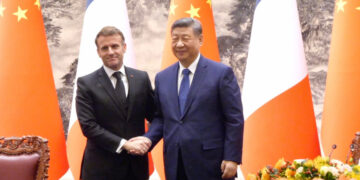
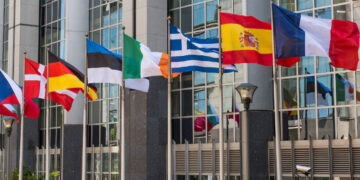






















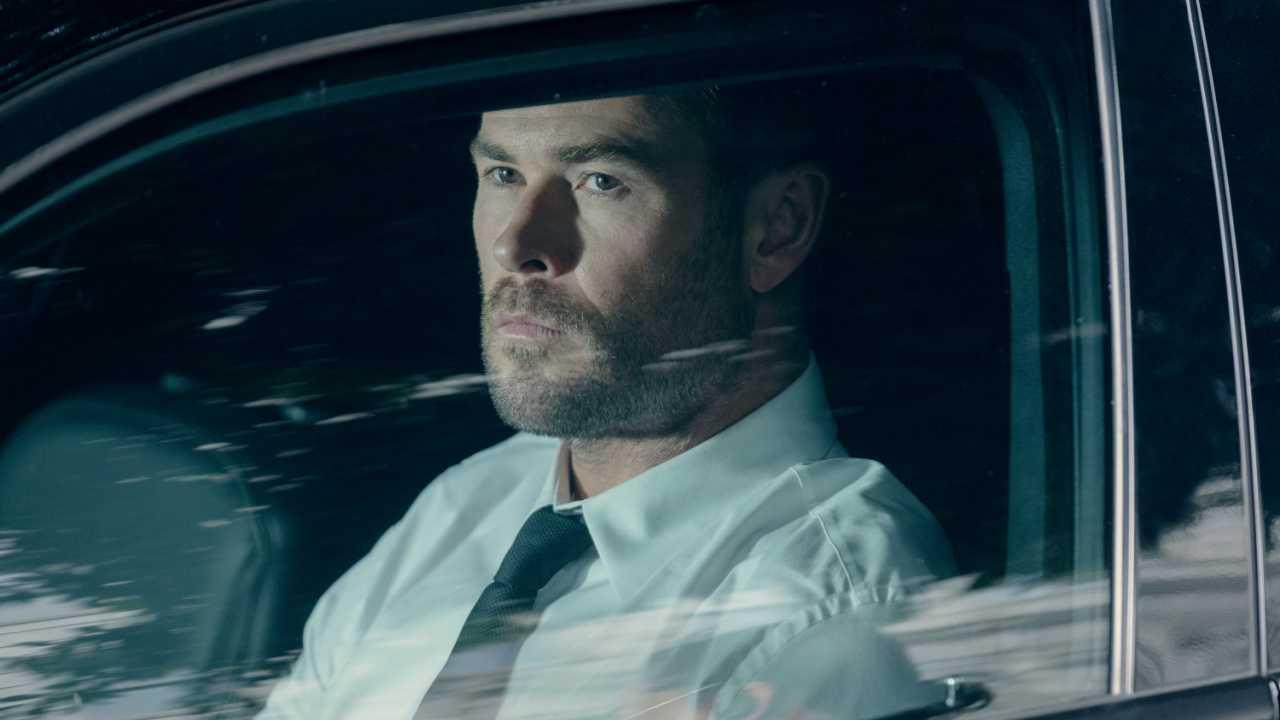




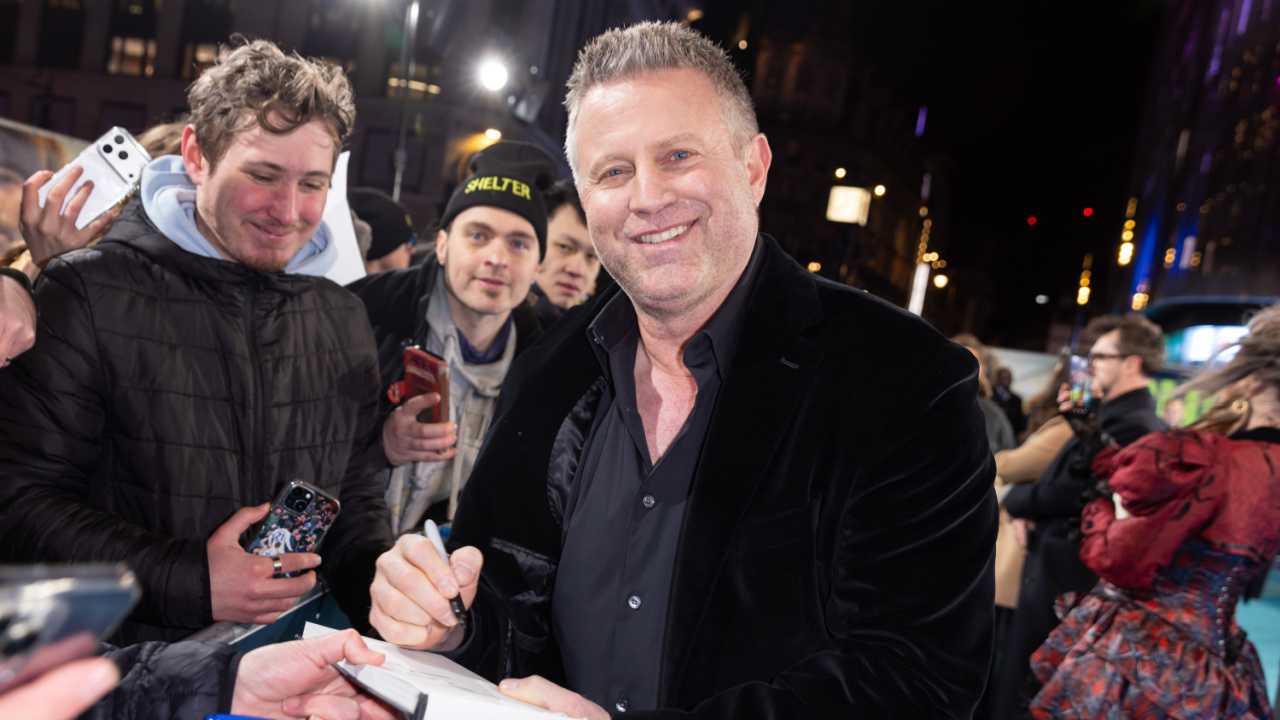

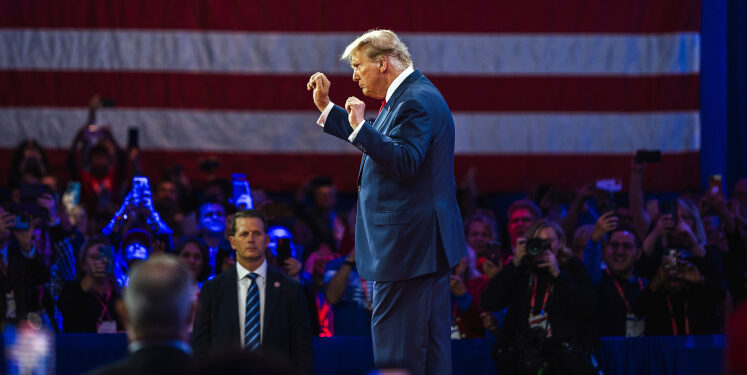
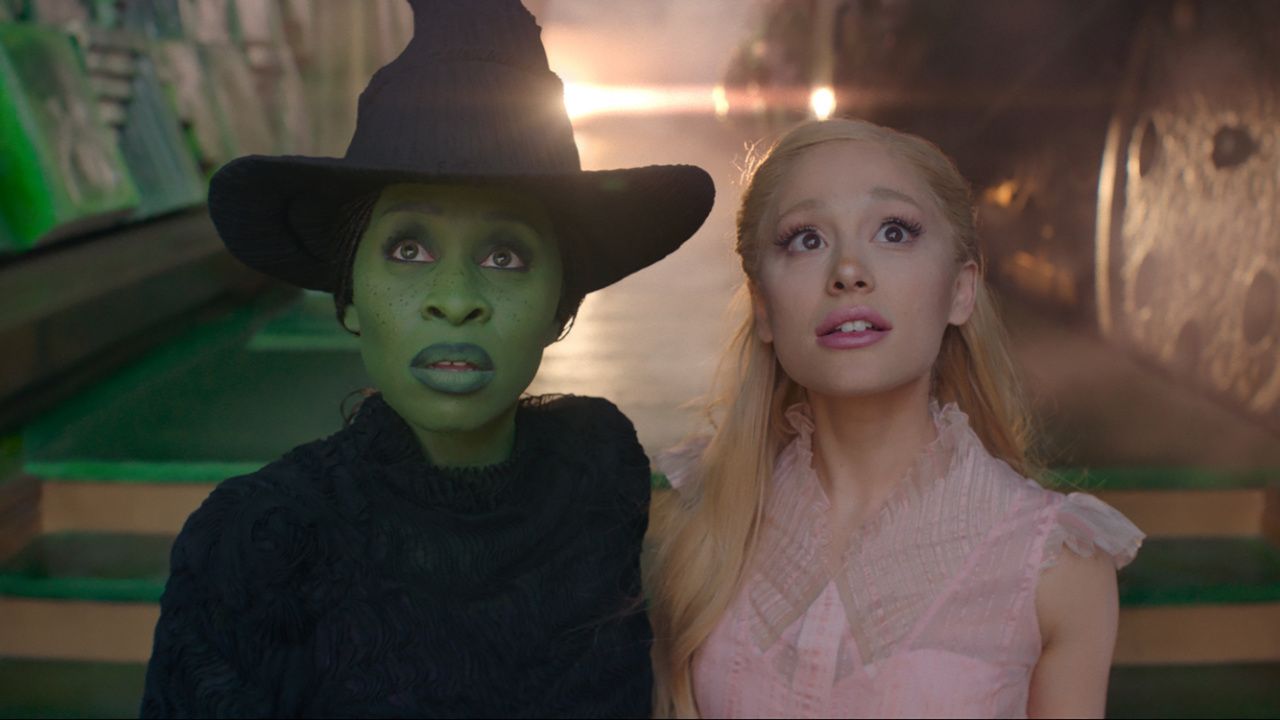



Discussion about this post